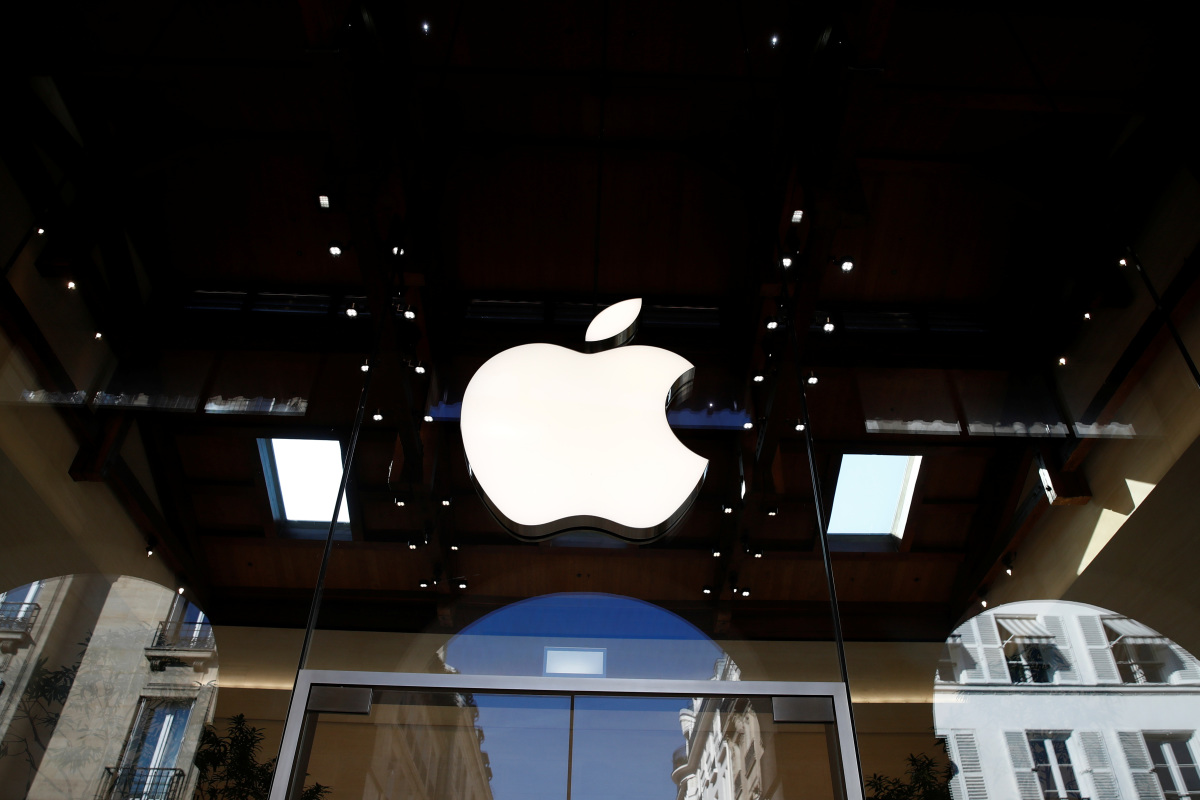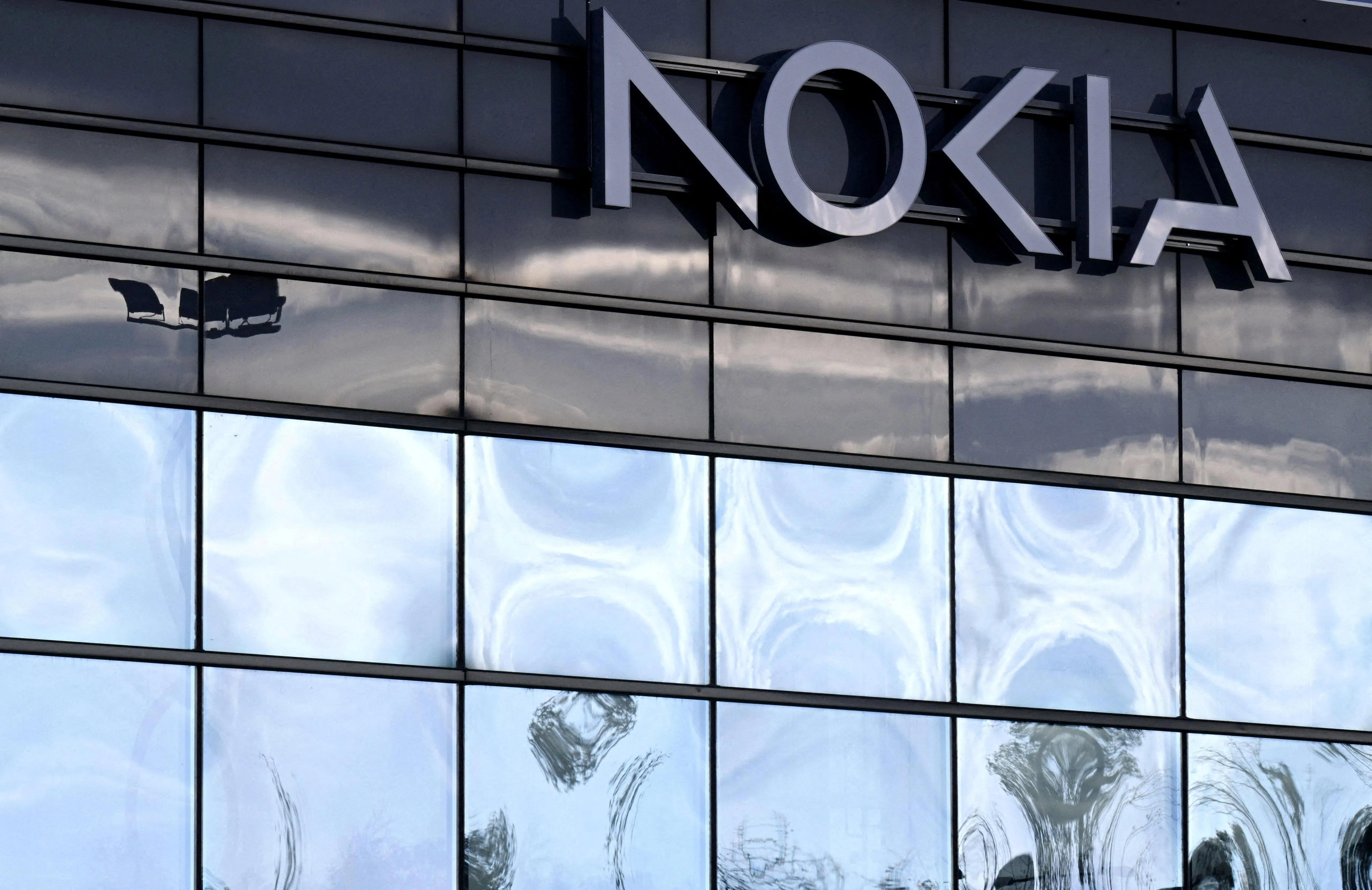Apple’s stock has been out of favor with Wall Street in the last six months, with its shares underperforming the broader market.
Traders and investors have been shunning the company’s shares, concerned over the prospects for iPhone sales in a challenging macroeconomic environment.
“Apple‘s stock value exhibited unusual volatility last year instead of a steady rise or fall,” Kunal Sawhney, CEO of Kalkine Group, told International Business Times. “This suggests investors were closely looking at the tech company’s growth parameters as much as they were looking at the macroeconomic landscape negatively impacted by high inflation and rising borrowing costs in 2022.”
But there’s one thing these traders and investors need to consider: Apple is getting better at managing other people’s money, delivering superior returns to its capital holders. It’s a trend that has been helping Apple’s shares beat the broader market in the last five years and remains intact.
Publicly traded companies like Apple manage other people’s money, the capital they raise from stockholders and capital holders, looking for better returns over what they can earn by investing in debt and equity ETFs that mirror market averages.
To figure out how effectively they manage that money, economists and financial experts have come up with the concept of Economic Profit or Economic Value Added (EVA)—the difference between the Return on Invested Capital (ROIC) and the Weighted Average Cost of Capital (EVA).
Companies that deliver a positive and rising EVA are excellently managing other people’s money, which will eventually be reflected in their equity prices.
By contrast, companies that deliver a negative and declining EVA are doing a terrible job managing other people’s money, which will eventually show up in their shares.
Apple belongs in the first category. It has been delivering a positive and rising EVA. For instance, according to Gurufocus.com, Apple’s EVA has recently climbed from 7% in 2017 to 22%.
A rising EVA is usually an anomaly in economic theory unless the company has solid “moats” to protect its market from the competition, and continues to exploit new high-margin business opportunities, as is the case with Apple.
The company has a diverse portfolio of blockbuster products, such as the iPhone, iPad, and Mac. Apple also has a loyal customer base and a strong brand. Moreover, Apple has a history of innovation and is likely to continue introducing new and exciting products. The company also has a strong balance sheet, high-profit margins, and solid free cash flow.
Robert R. Johnson, Professor of Finance, Heider College of Business, Creighton University, lists several moats for Apple, from branding to economies of networking and lock-in customer relations.
Dennis Shirshikov, Head of Growth at Awning.com, attributes Apple’s superior performance in managing capital to the company’s broad ecosystem of devices and services that work seamlessly together, such as the iPhone, iPad, Mac, Apple Watch, and AirPods.
“This ecosystem creates a sticky customer base that is likely to continue purchasing Apple products and services,” he told IBT. “Additionally, the company’s services segment, including the App Store, iCloud, Apple Music, and Apple TV+, has been growing steadily and is expected to become a significant contributor to the company’s revenue in the future.”
Disclosure: I own shares of Apple.
















